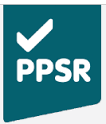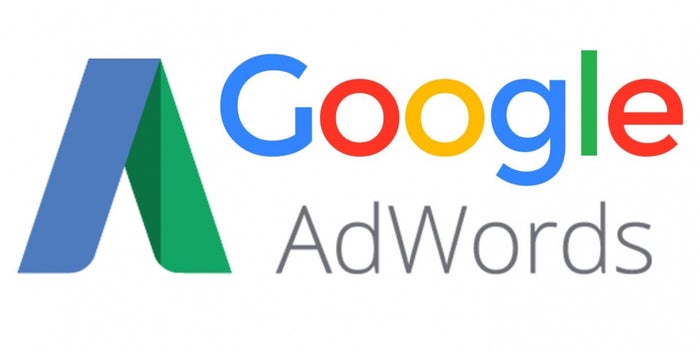Is your business looking to employ staff? There are many things to consider when you are about to employ staff for the first time. Below is a general summary of the things you need to do to:
-
Get your business “employee-ready”
-
Obtain sufficient information from your new employee before they start
-
Comply with your ongoing obligations as an employer
Getting your business “employee-ready”
Before hiring an employee, at a minimum we recommend that you undertake the following steps:
-
Obtain advice from an employment lawyer to confirm the appropriate award(s) that apply to your employees and the minimum wages and conditions that will apply;
-
Have an employment lawyer prepare an appropriate employment contract for your new employees;
-
Register your business for PAYG withholding (this is the tax that is withheld from your employee’s pay each pay period and remitted to the ATO as part of your business activity statements);
-
Select a default superannuation fund for your employees (this will be the default fund for superannuation contributions for your employees if they do not choose another fund). You will need to register with this default fund as an employer;
-
Setup a system to manage payments and keep records.Most accounting software packages have capabilities to manage and record payments to employees;
-
Prepare an employee information form to collect basic information from your employee (name, address, next of kin/emergency contact, bank account details);
-
Take out appropriate worker’s compensation insurance;
-
Consider possible liability to payroll tax and fringe benefits tax.
Our checklist above has focused on the financial and tax obligations of employing staff for the first time. There are other legal factors you may need to consider. Below are links to checklists provided by various government departments outlining other employment considerations.
Before your new employee starts
It is important to ensure that you have systems in place to collect all the relevant information from your employee before they commence. Failure to collect this information may result in penalties for your business. For example, if you do not collect the appropriate superannuation fund information from your employee, you may not be able to pay their superannuation contributions on time, for which you may be penalised.
We have outlined below the minimum forms you should have your new employees complete:
-
Employment contract (prepared by an employment lawyer)
-
Tax file number declaration form (https://www.ato.gov.au/Forms/TFN-declaration/)
-
Choice of superannuation form (https://www.ato.gov.au/Forms/Superannuation-(super)-standard-choice-form/)
-
Basic employee information form
This information must be obtained before your employee starts work. If you do not get this information before your employee starts work and they subsequently leave your employment, it can be difficult to fulfil your obligations as their employer (eg. paying their superannuation guarantee and providing them with an end of year payment summary).
Ongoing obligations for employees
After your employee has started, you have ongoing obligations as their employer
Every pay period
Every pay period, you must ensure:
-
Your staff are paid their appropriate wages and entitlements in accordance with their employment contract and awards;
-
Sufficient tax is withheld from each pay (you can use the ATO’s tax withheld calculator (https://www.ato.gov.au/Calculators-and-tools/Tax-withheld-calculator/) or tax tables (https://www.ato.gov.au/Rates/Tax-tables/);
-
Staff are provided with an appropriate payslip.
Every quarter
Every quarter, you must ensure:
-
Your employees’ superannuation guarantee obligations are paid in full and on time (penalties apply for late payment). Superannuation guarantee payments are due on the 28th day after the end of the relevant quarter.
For small businesses with less than 20 employees or a turnover of less than $2 million, we recommend using the government’s Small Business Superannuation Clearing House to pay your quarterly superannuation obligations. It is a free service and will help you fulfil your superannuation obligations and provide appropriate information for SuperStream reporting.
-
You report the gross wages and PAYG withholding on your quarterly business activity statement. The quarterly PAYG withholding amount will need to be paid to the ATO as part of your business activity statement. (Once your business is withholding more than $25,000 in PAYG withholding annually, you will be required to report and pay your PAYG withholding to the ATO on a monthly basis.)
Every year
Every year, you must ensure:
-
Staff are provided with an end of year payment summary no later than 14 July each year for the payments made between 1 July and 30 June;
-
A PAYG payment summary annual report (showing the gross wages to your employees and the total tax withheld) is sent to the ATO no later than 14 August.
Other considerations
There are some handy summaries provided by the following government departments about other factors you should take into consideration when hiring employees:
-
Business.gov.au – https://www.business.gov.au/Info/Run/Employ-people/Recruitment-hiring-employees/Taking-on-an-employee-checklist
-
Fairwork – https://www.fairwork.gov.au/find-help-for/small-business/hiring-employees
-
Fairwork templates – https://www.fairwork.gov.au/how-we-will-help/templates-and-guides
DISCLAIMER: The information in this article is general in nature and is not a substitute for professional advice. Accordingly, neither TJN Accountants nor any member or employee of TJN Accountants accepts any responsibility for any loss, however caused, as a result of reliance on this general information. We recommend that our formal advice be sought before acting in any of the areas. The article is issued as a helpful guide to clients and for their private information. Therefore it should be regarded as confidential and not be made available to any person without our consent,

Jeanette has over 20 years experience as an accountant in public practice. She is a Chartered Accountant, registered tax agent and accredited SMSF Association advisor. When she is not helping business owners grow their empires, you will likely find her out running on the trails or at the gym. Book in to see Jeanette today.









